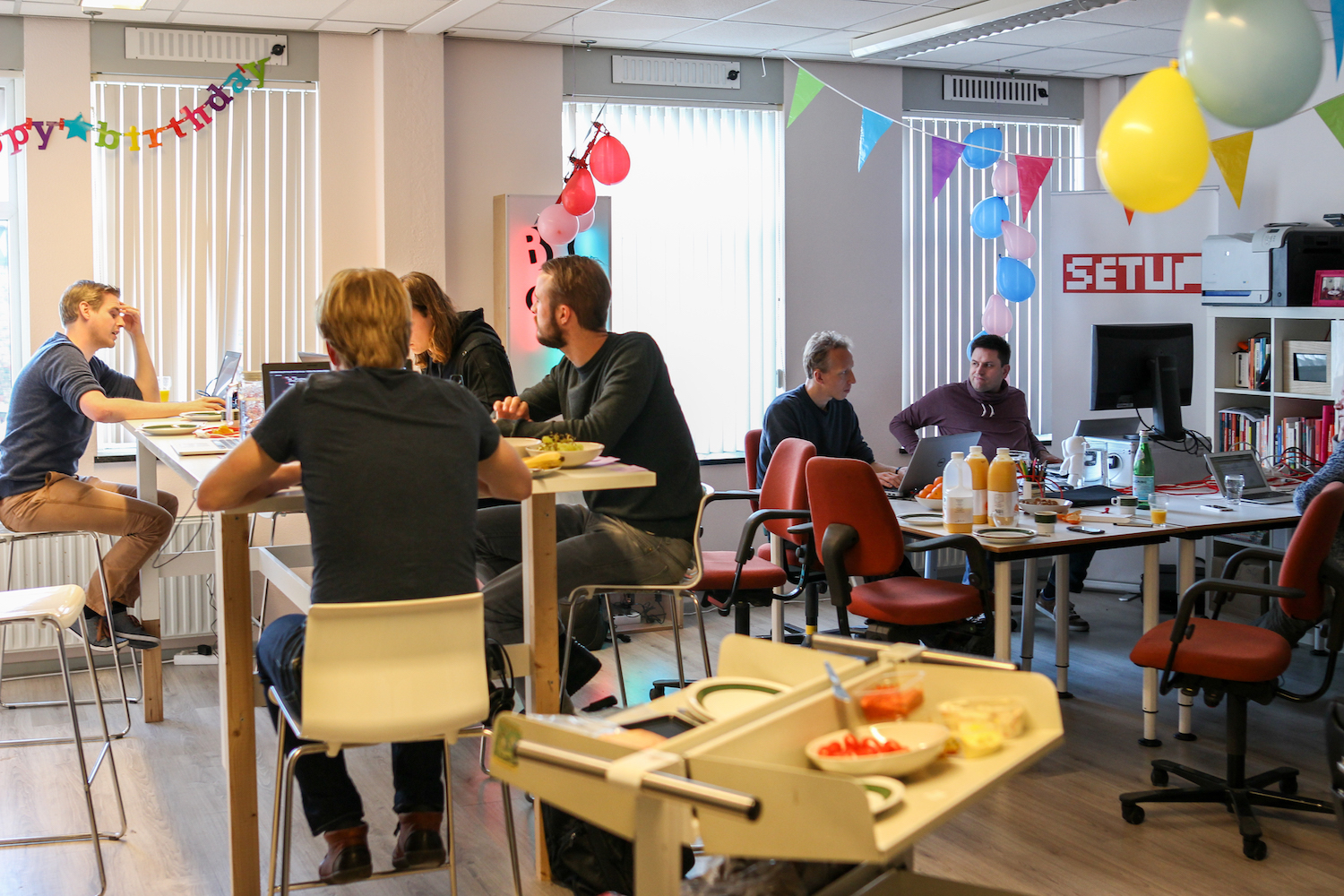Everybody Googles themselves once in awhile, but few people really have a handle on the depth, breadth and longevity of their online presence. It’s hard to keep track of what’s private and what’s not when so much of what you see and do online is saved for posterity. Old school websites, social networks, directories, listservs and bulletin boards never really go away — archives and caches live forever.
A media lab in The Netherlands is bringing attention to online privacy with humor. For the past two years, Utrecht-based SETUP has been building a national database of Dutch citizens based exclusively on publicly accessible online data. It was initially conceived of as a National Birthday Calendar that would suggest custom birthday presents based on the data collected, but the information they found was so sensitive it was deemed illegal to complete the project.
SETUP gathered the information through six hackathons, scouring data from defunct websites, social networks and phone directories, gathering millions of details on Holland’s population of 16 million. “Even though we kind of expected it, when you see how much data you can find, and how easily you can scrape it, it’s still shocking,” said project leader Ellen Bijsterbosch.
Legal advisors warned them against traveling to a conference in the United States with an encrypted hard drive that contained the highly detailed personal profiles they assembled on more than 800,000 people, saying it would be a violation of Dutch privacy laws.

Any artists who want to use the data to create projects must sign nondisclosure agreements to do so. “If a few nerds can cobble together this much, it’s frightening to think what the NSA or serious criminals can do,” said Bijsterbosch.
“We believe that when the wider public cares, things can really change,” says creative director Tijmen Schep. Early signs indicate that SETUP’s approach is working: the Dutch national association of accountants, for example, no longer lists their members’ addresses, first names and dates of birth online.
The SETUP team is now working on a project called Dubious Devices, which explores the reputation economy and the Internet of Things, says Schep. They’ve created a coffee machine that will brew you a free cup of coffee in exchange for your postal code. Using government data, the machine determines whether you deserve a primo cup of joe, or watered down sludge.
Another idea is a toaster that evaluates your online presence before browning your bread or burning it, if it finds you have a bad reputation.